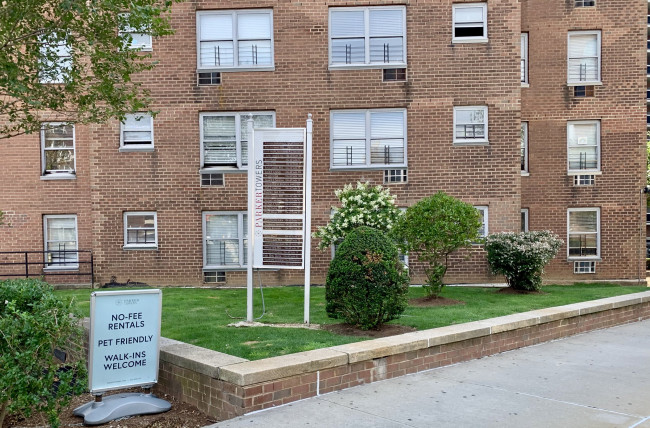Can my co-op require me to get higher liability insurance than other shareholders?

A co-op board cannot place a heavier financial burden on new shareholders, our experts say.
Can my co-op board require new shareholders to get much higher liability insurance coverage than existing shareholders? What would make the board decide to increase the coverage requirements?
Co-op boards are legally obligated to treat shareholders equally, but there may be specific circumstances under which one shareholder's liability insurance rates increase, our experts say.
Liability insurance protects renters and owners in the event that their property is lost or damaged. It also provides protection if someone is injured in their home, if they are responsible for damaging the property of others, or if something happens in their apartment that forces them to relocate.
"A co-op board cannot place a heavier burden on new shareholders requiring them to obtain higher insurance coverage than existing shareholders. It would effectively create different classes of shareholders," says Lauren Tobin, an attorney with Woods Lonergan PLLC (a Brick sponsor).
In co-ops, boards can set shareholders' insurance obligations, but they should make sure that everyone's coverage requirements are equal.
"A board of directors is obligated to treat all shareholders equally, although there is a carve out with respect to holders of unsold shares," says Jeffrey Reich, a partner in the law firm of Schwartz Sladkus Reich Greenberg Atlas. So "it would not be a proper exercise of a board’s authority to require different insurance coverage thresholds for new and existing shareholders."
But a potential exception to this rule may arise if a shareholder has done something to increase the potential for damage to another shareholder's property.
"It can happen, but there should be guidelines," says Jeffrey Schneider, president of Gotham Brokerage (a Brick sponsor). "It can crop up when you are installing a device that may increase the chance of water damage to a neighbor, like a washing machine."
Most liability insurance policies offer between $500,000 and $1 million worth of personal liability coverage, and annual costs are not particularly expensive unless coverage exceeds $1 million, Schneider notes.
Boards may also institute increases for all shareholders on occasion.
"It is appropriate that boards review the shareholder insurance obligations from time to time and to revise those requirements—so long as the board has that authority incorporated into the apartment corporation’s governing documents—to ensure that they continue to provide for meaningful levels of coverage," Reich says. "One other reason a board may increase the coverage requirements would be if there had been an incident where the existing coverage requirements had proven insufficient."
Trouble at home? Get your NYC apartment-dweller questions answered by an expert. Send your questions to experts@brickunderground.com.
For more Ask an Expert questions and answers, click here.
You Might Also Like































